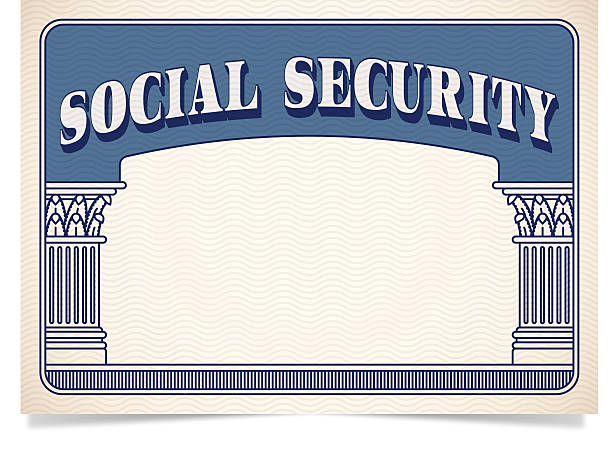
Social Security’s End to Phone ID Verification Could Hurt Senior and Disabled Americans- Social Security plays a critical role in the lives of older adults and people with disabilities. From monthly retirement checks to disability income and survivor benefits, these programs provide financial stability for some of the most vulnerable individuals in the country. For years, phone-based verification has been a simple and secure way for individuals to access their Social Security accounts. That option is now being phased out.
The Social Security Administration (SSA) recently announced that as of later this year, it will no longer allow individuals to verify their identity over the phone to set up or manage their online accounts. While the SSA intends to improve security through other methods, removing the phone option could unintentionally create serious access issues for seniors and people with disabilities—two groups that already face technological and mobility challenges.
Many seniors rely on the telephone for critical communications, including with the SSA. For those who are not comfortable navigating online portals or do not have Internet access, phone ID verification provided a lifeline. Removing this option means they must now use more complex verification tools that may require smartphone access, document scanning, or multi-step authentication processes.
For individuals who may struggle with cognitive decline, poor vision, or limited mobility, this change can make it more challenging to request benefit statements, update information, or troubleshoot account issues. People who live in rural areas or nursing homes with limited internet access will also be disproportionately affected.
According to AARP, nearly 22 million seniors do not use the internet. The loss of a phone-based verification method may effectively shut these individuals out of digital services they once relied on.
The SSA is shifting toward the Login.gov platform, a government-wide service for accessing federal websites. While this system may improve security, it often requires advanced digital skills or access to specific technology. Seniors or adults with disabilities who lack a smartphone or have outdated identification may struggle to meet these new requirements.
Some forms of ID, such as tribal documents or older driver's licenses, are not consistently recognized by automated systems. Even for those who meet the digital requirements, the process of registering and verifying their identity can be confusing. As a result, many individuals may abandon attempts to access their account altogether or will require assistance from others, potentially creating new privacy and security concerns.
In short, the policy change, while well-intentioned from a cybersecurity standpoint, could reduce autonomy and access for those who are already most in need of streamlined services.
Social Security’s End to Phone ID Verification Could Hurt Senior and Disabled Americans
As older Americans struggle to navigate new identity systems, they may become more vulnerable to scams. Fraudsters often exploit confusion surrounding government programs, posing as Social Security officials to collect personal information. As phone access becomes more challenging and online platforms become increasingly complex, many seniors may turn to unofficial sources for help, potentially exposing them to identity theft, financial fraud, or phishing attacks.
Education and outreach will be crucial in ensuring that users understand how to use the new systems safely and where to seek legitimate support. Without it, scammers will likely fill the gap.
For seniors or people with disabilities concerned about accessing Social Security after this change, consulting with an elder law attorney can offer clarity. Our elder law office can help with navigating SSA procedures, ensure access to benefits is not disrupted and assist with tasks, such as setting up powers of attorney or securing representative payees.
Having a plan in place is especially important for individuals who may lose the ability to manage their finances or interact with government agencies independently. An elder law attorney can help designate trusted individuals to act on their behalf and avoid future disruptions to essential income or benefits.
Schedule your phone consultation: THE LAW OFFICES OF CLAUDE S. SMITH, III
Social Security’s End to Phone ID Verification Could Hurt Senior and Disabled Americans
References: AARP (March 26, 2025) "Social Security to End Applying for Benefits by Phone" and The Washington Post (March 28, 2025) "Social Security to require millions to make claims in person rather than by phone"
Legal problems are extremely stressful, especially when your family, your health, or your freedom are at stake. At this point in time, you may not even be sure what kinds of questions you need to ask a lawyer, but that’s entirely normal. Whether your situation involves family law, estate planning, elder law, a criminal charge, or a personal injury, we will start by giving you all the information you need.
The way we see it, you deserve to get this information directly from an expert. That’s why we make it easy for you to get in touch with your lawyer, and we never ask you to sit down with a paralegal or assistant instead.
As our relationship continues, we will keep you updated about the status of your case every step of the way. Your lawyer will reach out regularly to tell you about any new developments, and he will also be happy to answer any questions you have throughout the process.
